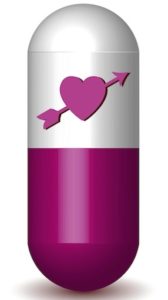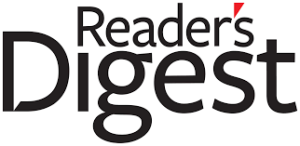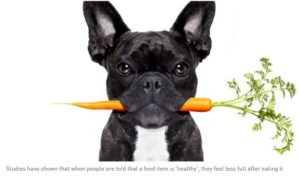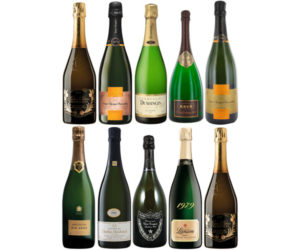
We usually think of placebos as tools for therapy, or perhaps as marketing strategies, but here’s an idea about the placebo effect and creative thinking.
“The placebo effect is best known in medicine for making people feel better when they are given sham treatments. Now there is growing interest in using placebos to boost athletic and cognitive abilities.
Previous studies have found that people lift more weight and cycle harder when they take medicines with no active ingredients that are falsely labelled as performance-enhancing substances. Placebo pills have also been shown to improve scores in memory tests.
These findings prompted Lior Noy and Liron Rozenkrantz at the Weizmann Institute of Science in Israel to test whether the placebo effect can stimulate creativity too.
They asked 90 university students to sniff a substance that smelled of cinnamon. Half the students were informed that the substance had been designed to enhance creativity.
The participants then completed a series of tasks designed to test their creativity. One involved rearranging squares on a computer screen into different shapes. Another required them to think up new uses for everyday items like shoes, pins and buttons.
Those who were told the smelly substance increased creativity scored higher on measures of originality. For example, they came up with more unusual shape configurations and novel applications for the everyday items. “The improvements weren’t enough to turn you into the next Picasso, but they were significant,” says Noy.”
Read the full article here.











